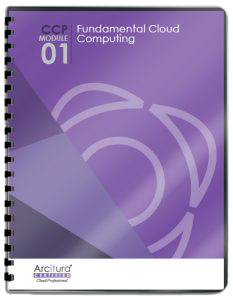Cloud Computing Patterns, Mechanisms > Basics > Cloud Characteristics
Cloud Characteristics
An IT environment requires a specific set of characteristics to enable the remote provisioning of scalable and measured IT resources in an effective manner. These characteristics need to exist to a meaningful extent for the IT environment to be considered an effective cloud.
The following six specific characteristics are common to the majority of cloud environments:
- On-Demand Usage
- Ubiquitous Access
- Multi-tenancy (Resourcing Pooling)
- Elasticity (and Scalability)
- Measured Usage
- Resiliency
Cloud providers and cloud consumers can assess these characteristics individually and collectively to measure the value offering of a given cloud platform. Although cloud-based services and IT resources will inherit and exhibit individual characteristics to varying extents, usually the greater the degree to which they are supported and utilized, the greater the resulting value proposition.
Note
The NIST definition of cloud computing defines only five characteristics; resiliency is excluded. Resiliency has emerged as an aspect of significant importance and its common level of support constitutes its necessary inclusion as a common cloud characteristic.

